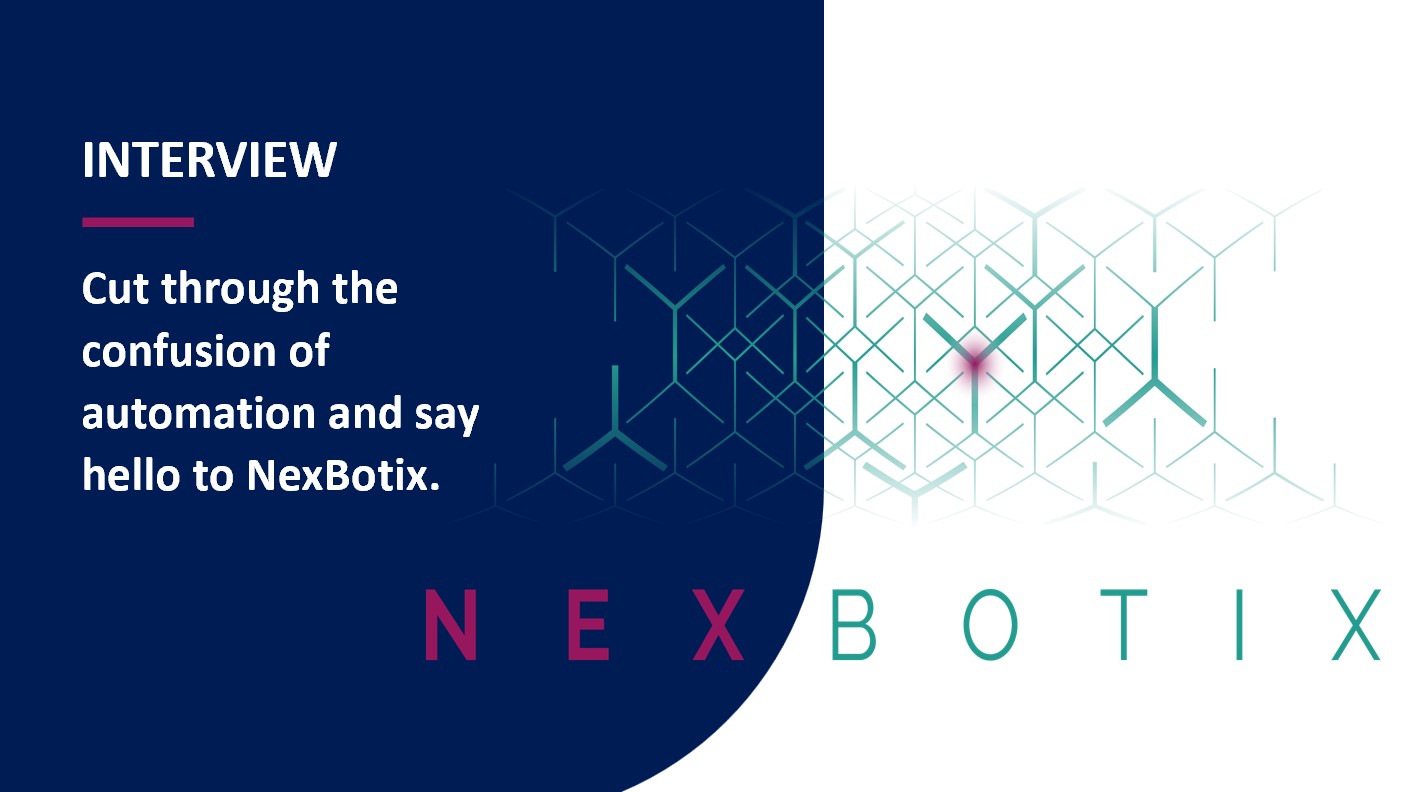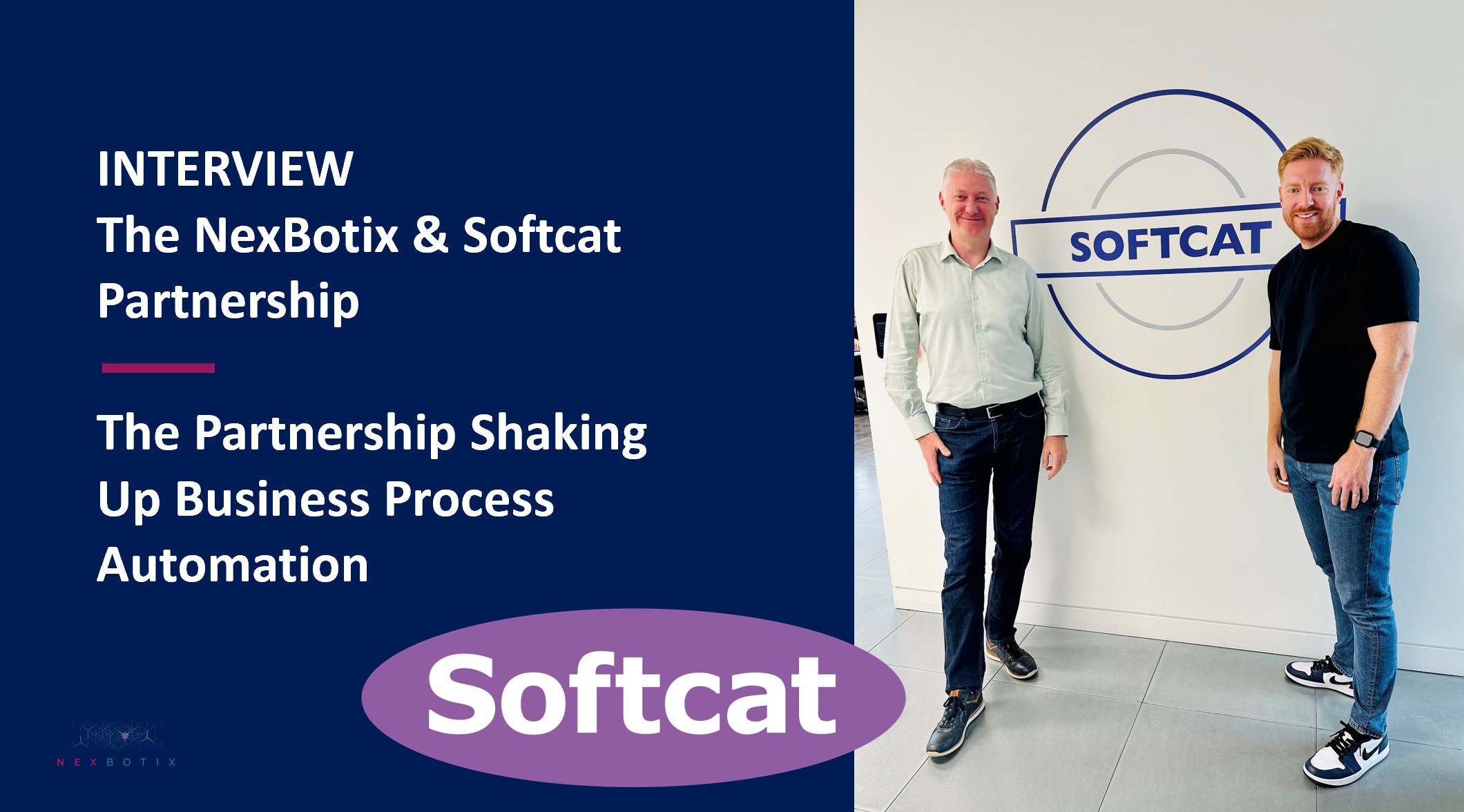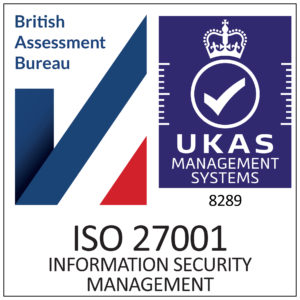Intelligent Process Automation is a term used to describe a group of technologies, like RPA (Robotic Process Automation), AI (Artificial Intelligence), ML (Machine Learning), OCR (Optical Character Recognition) and NLP (Natural Language Processing), that are leveraged in combination to automate business processes.
On their own, these technologies deliver limited value, however when combined they can completely transform the way businesses operate lowering costs, boosting operational efficiencies and automating a much wider variety of more complex business processes. Unlike RPA, Intelligent Automation can process high volumes of unstructured data, whilst identifying and resolving issues within that data and continuously improving its own performance with the cognitive enhancements from AI and Machine Learning. The outcome for a business, is the ability to automate more complex processes with increased accuracy and less human intervention which in turn drives increased business transformation and more impressive overall cost savings.
The Intelligent Process Automation market was valued at, $6.25 billion in 2017 and is expected to reach $15.8 billion by 2025, rising yearly by 12.5%. According to Deloitte’s recent annual global survey of executives, 73% of organisations worldwide are now using automation technologies, such as robotics, machine learning and natural language processing, up from 58% in 2019. It’s clear that organisations, who have had some success with traditional RPA are now looking to take their automation strategy to the next level across a variety of use cases and business functions using Intelligent Automation.
What is the difference between RPA & Intelligent Automation?
There are many key differentiators between RPA & Intelligent Automation. RPA can automate rules-based processes with structured data and predetermined rules like moving files and folders, copying, and pasting data or scraping web browsers. At its most basic level, RPA software bots can mimic what a human does on a desktop.
On the other hand, Intelligent Automation enables businesses to leverage the capabilities of multiple technologies to automate more complex business processes. Instead of being limited to rules-based, structured data and activities with RPA, Intelligent Automation allows businesses to automate entire processes end-to-end with unstructured data, multiple input types and formats and front-office activities such as customer support or back-office activities that involve document processing.
Where RPA is limited to a specific task within a process, Intelligent Automation simulates human intelligence rather than mimicking a human action, making it far more effective across the whole automation journey. Furthermore, Intelligent Automation software bots learn whilst they complete processes, improving their accuracy over time, identifying patterns of behaviour and areas for improvement. This simulated intelligence is what truly differentiates Intelligent Automation from RPA, which can only operate within the strict parameters of pre-determined rules and structured data.
What are the benefits of Intelligent Process Automation in comparison to RPA?
- More advanced automation capabilities – With Intelligent Automation many business processes can be automated. The combined automation and intelligence technologies unlock a completely new level of performance in comparison to traditional RPA. Furthermore, Intelligent Automation can handle unstructured data with ease, across various systems further driving operational efficiencies.
- Accuracy – Intelligent Automation learns as it runs, identifying patterns and fixing errors, therefore increasing the overall accuracy of its performance and outputs. Whilst RPA can run like clockwork on its specified task, it lacks the advanced capabilities to manage exceptions or errors before requiring human intervention, and can only execute specific tasks in a pre-defined way.
- Better Customer Experience – Faster response times, reduced errors, and increased connectivity between disparate, legacy systems can all be achieved with well-implemented Intelligent Automation technology. These benefits are directly felt by your customers and employees.
- Employee Productivity – If RPA can help relieve your employees from mundane isolated tasks, think of the employee time that can be saved with Intelligent Automation, handling entire complex processes. Employees can gain valuable time to focus on high-value tasks that cannot be simulated by a robot including reasoning, relationship building and creativity.
What is IPA Used For?
Various industries and sectors are implementing Intelligent Process Automation, with impactful results, but where can you get started with IPA immediately for your business?
Here are five use cases for Intelligent Automation:
- HR Processes – For remote workers, Intelligent Automation can automate new HR processes for enrolling distributed workers including onboarding, account set up and granting access to core systems. Intelligent Automation can also be used for IT processes such as provisioning and delivery of IT equipment, managing passwords and credentials for VPNs or shipping office supplies to staff’s new work locations.
- Data management – Intelligent Automation can run data analysis on internal systems that are not accessible remotely, creating reports for management and publishing analytics automatically to help make better data-driven decisions throughout the pandemic.
- Customer Onboarding – Using software robots to set up new customer accounts on internal systems. These automations can be triggered remotely by customer-facing staff who may be working from home and be used to administer new account set up activities running centrally on legacy IT systems behind a secure security system.
- Patient Onboarding – Collecting key patient data from clinical systems when signing up to a new practice or receiving medical treatment. Reducing the administrative burden on the GP practise or the NHS by automating the data retrieval and collation of patient information. Using OCR and ML to extract patient data from clinical notes or reports, giving the doctor better information on a patient while triaging and prioritising care.
- Claims Processing – Much of the claim’s process in insurance companies require hours of manual effort by employees. For printed forms, Intelligent Automation can scan, digitize and port that information into the database too. This eliminates hours of click work and data entry for claim’s employees. Intelligent Automation can automate most of those important, but routine steps. IPA can port over customer data from completed claims forms into the company’s CRM or database through field mapping. McKinsey predicts that automation will reduce the cost of the claims journey by up to 30%, while Autonomous reports the insurance industry could see a $1.5 trillion reduction from automated claims processing.
Intelligent Automation will become an even more integral component of future business models. As organisations across the globe shift their focus and invest in Intelligent Automation solutions that will support both their current and future needs. We see a future where, Intelligent Automation will be the driving force, becoming a core function within every business whether via your own in-house capability or outsourced to a trusted partner. Automation will expand beyond the back-office, scaling across functions, and delivering value to every business unit, functional area, and delivery process.
At NexBotix, we want to make business process automation accessible to businesses of all sizes, not just Enterprise organisations. We do this through our robust managed services and user-friendly software to make the implementation much easier for businesses who haven’t got the capital to invest in a team of automaton subject matter experts.
Whether you’re looking to get started with business process automation or are eager to dive headfirst into Intelligent Automation, the benefits of adopting this technology are limitless.
Get in touch with our team for more information.








